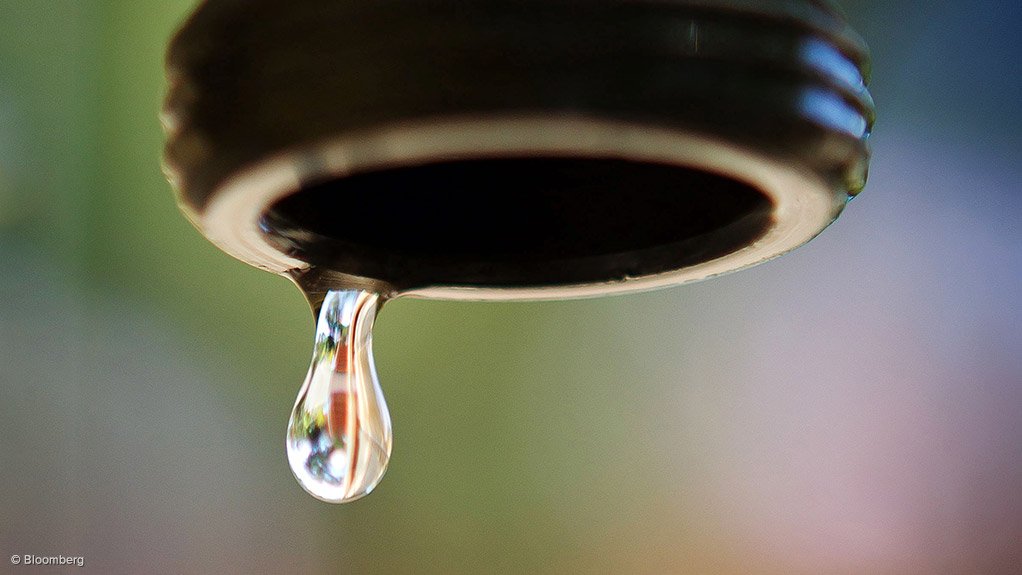/ MEDIA STATEMENT / The content on this page is not written by Polity.org.za, but is supplied by third parties. This content does not constitute news reporting by Polity.org.za.
This year’s Water Outlook highlights how important the implementation of the New Water Programme is, as the City currently remains reliant on rainfall and dam storage as our primary water supply.
A ‘Drought Monitoring and Response Framework’ has been developed to improve the transparency of water resource decision-making. The Framework assesses dam levels at the end of the hydrological year as at 31 October every year. It also defines five alert levels, for which an appropriate response is implemented:
Cape Town is currently classified as being in the Drought Alert level (80% - 95%). This status will remain until there is certainty on the volume of winter rainfall.
Although water usage is expected to increase, the City has adopted a precautionary approach, targeting a 10% saving on water usage by customers for 2023, without imposing formal restrictions.
There has also been an early season of rain observed since March, however forecasts indicate that winter may be relatively dryer than expected for normal conditions at this time of year - particularly during the months of June, July and August.
‘It’s important that residents remain mindful of water consumption without the false misconception that rainy winter days will provide adequate supply for the full hydrological year. The current target is 850 million litres per day, which takes into account the added pressure of load-shedding on the water system,’ said Councillor Zahid Badroodien, Mayoral Committee Member for Water and Sanitation.
Load-shedding directly impacts on water treatment plants, which need power to channel dam water through a purification process before it gets distributed to households. Interruptions to power supply increase breakdowns of pumps and fewer chemicals stocks are available due to manufacturers experiencing downtime.
As the City’s population continues to grow, it’s become essential that the location and timing of elements of the New Water Programme are factored into the planning for the near 2040 future. The ‘Future Water Demand Study’ is helping the City develop a tracking tool which will be presented in the next edition of the Water Outlook. Areas increasing in population density are being studied in order to scenario plan, based on the demand that new customers will place on the water system.
‘Due to climate change and its associated long-term effects, the City’s view remains that we are in a possible 10-year drought. What is unclear is whether the change will be gradual or sudden as seen in other parts of the world. If we are in fact experiencing a step change in climate, all of the plans being put in place to get water from a diverse mix of sources, including water reuse, will need to be accelerated. Residents would also need to mentally prepare for the possibility of having to intensify water-saving at home and at work, in order to preserve resources,’ said Councillor Badroodien.
The Water Outlook also explains how desalination is set to become an important part of our water resource mix however, power requirements need careful consideration given load-shedding.
Following the approval of the water use licence for the Atlantis and Cape Flats Managed Aquifer Recharge sites, monitoring committees have been established to oversee the terms and conditions.
‘It is very encouraging to see that a total of 40,320 hectares of alien invasive plants have been cleared in the catchments of the water supply system since April 2019. The programme has generated 571 employment opportunities of which 44% are women,’ said Councillor Badroodien.
A further R75 million will be committed to the clearing of invasive alien plants over the next three years. This remains the most affordable of all of the schemes making up part of the New Water Programme,
Visit www.capetown.gov.za/thinkwater to download a copy of the City’s 2023 Water Outlook.
Submitted by the City of Cape Town
EMAIL THIS ARTICLE SAVE THIS ARTICLE ARTICLE ENQUIRY
To subscribe email subscriptions@creamermedia.co.za or click here
To advertise email advertising@creamermedia.co.za or click here











